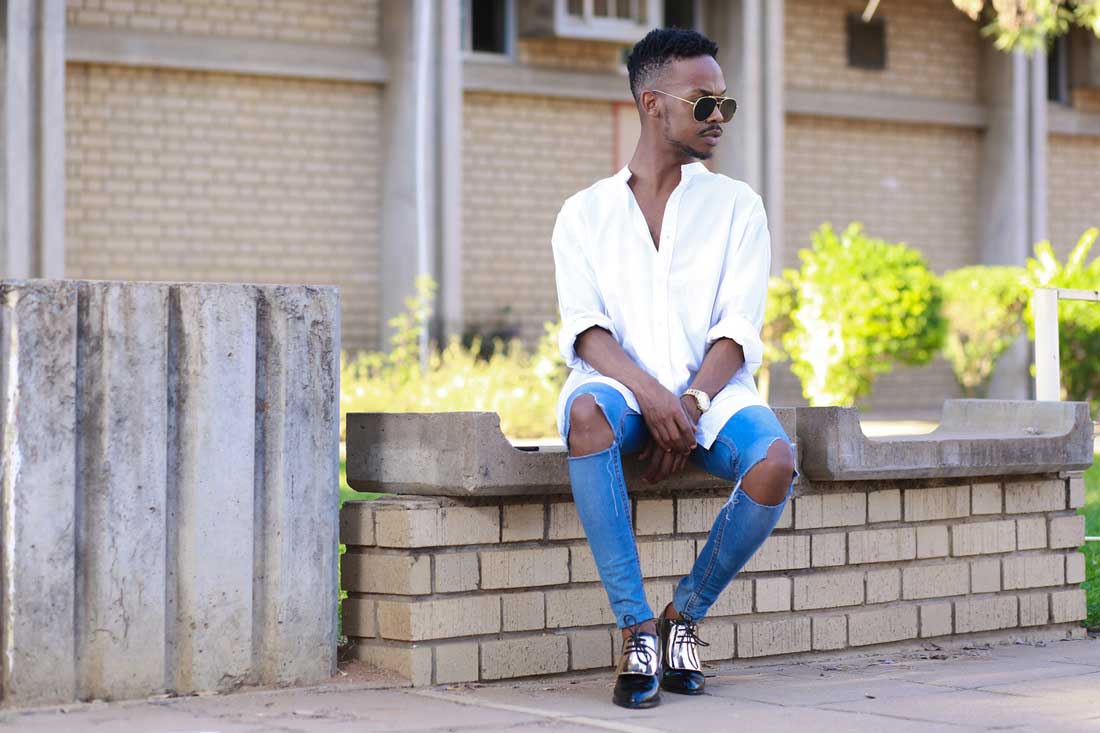Influencer marketing is growing at a snail’s pace because not enough is known about it
GOSEGO MOTSUMI
An influencer is defined as an individual who has the power to affect purchase decisions of others because of their position or relationship with their audience and has a following in a particular niche which they actively engage with. Over the past decade the internet has built a digital world where people can interact and consume. Using the influencer to market a company’s goods and services to a targeted audience are at the core of every business’ marketing goals. With the immense growth of mobile and digital use, the influencer phenomenon became the new ‘word of mouth’ and Botswana was no exception as it warmed up to the idea and introduced our very own brand influencers who are targeting the mobile based generation through online media.
In an interview, fashion artist, blogger/influencer Tsholo Dikobe strongly believes that companies in Botswana need personalities that are opinion leaders in their respective industries, also referred to here as influencers. In Botswana, she says brands are slowly but surely using influencers because of their ability to reach a niche target audience, gain results and also shift perception and provide engaging content. Even though there is recognition of the influencer’s untapped potential, she says many local brands don’t believe in long term relationships with influencers which makes the whole idea cumbersome. There is always a constricted budget for influencers yet they are the opinion leaders and marketers of products and she further advised that there should be a satisfactory budget allotted to influencers marketing campaigns.
“Brands here still have power over influencers. Influencers are the ones stepping out of their comfort zones to forge these partnership with brands. Which should be the other way around. Batswana do not fully understand the phenomenon. Some don’t get why certain people get certain opportunities. They don’t realize that influencers are experts and opinion leaders and should be engaged as such,” Dikobe pointed out also advising brands to let influencers run or lead campaigns how they see fit because they know their followers best.
Influencer, Brilliant Kodie believes that influencer marketing is growing at a snail’s pace because not enough is known about it, and when it is used it’s never effective because of lack of knowledge. He says in other countries like South Africa, influencer marketing has proved itself to be a reliable source of income to those who offer its service and has thus helped battle the war against unemployment.
Thapelo Letsebe is another influencer who has had the opportunity to network himself with other influencers from other countries and found out that there is a difference. For instance, he has a cultural curator/ influencer friend from South Africa who has aligned her strategy to capture the essence of SA’s culture infusing it into her day-to-day fashion which makes it easier when she approaches brands.
“In SA people believe that digital marketing is the way to go and results are showing because people interact more with one another on their phones, it’s a tech world. Our society is not as progressive in terms of digital marketing or influencer culture,” Letsebe said adding that he was still grateful for his followers who still show support none the less.
For her part, Marketing, PR & Customer Experience Manager at Multichoice Botswana, Thembi Ndzinge also said the brand influencer concept in Botswana is still in its infantile stages. As a result, seeing a direct correlation between using an influencer to push sales or to push numbers is still premature. However, she believes that influencers have the power to properly position a brand as locally relevant and invested in its own people, which on its own is impactful for the business in the long-term.
Explaining the key attributes that are considered when identifying a brand influencer Ndzinge says its not only the number of followers the influencer has, but the level of engagement they garner. “How many people are likely to make a decision to buy-in to your brand as a direct result of the influencer’s post or activity? It’s very easy to buy followers in this day and age, and having one million followers does not necessarily mean you have influence. It’s key for that influencer to not only be a positive representation of your brand and to resonate with your brand and your campaign or activity, but for them to also have a voice that holds weight in your market and in your industry,” she said.
When asked what it would take for other brands to be more receptive of the influencer she said, “It is simply a matter of other brands seeing and acknowledging that the return on investment will not always be instant and it will not always be seen in black and white, on the bottom line of the business. Once a business can understand that, I believe we can see this concept grow.”

